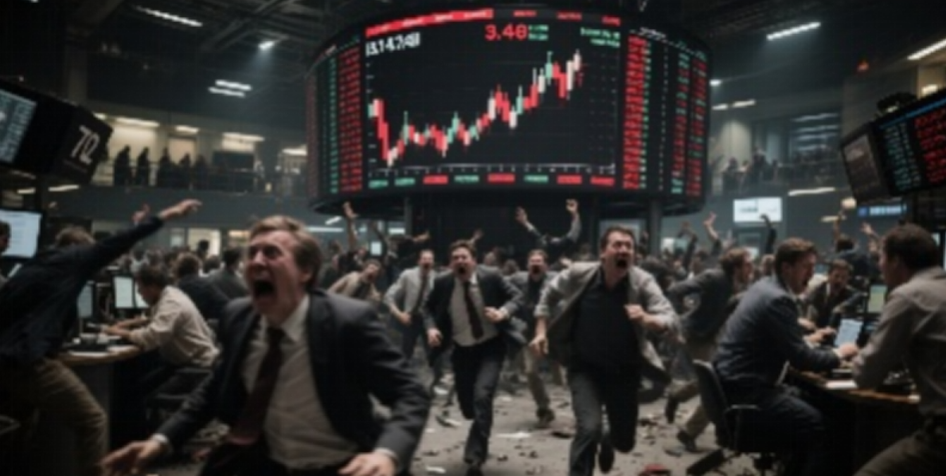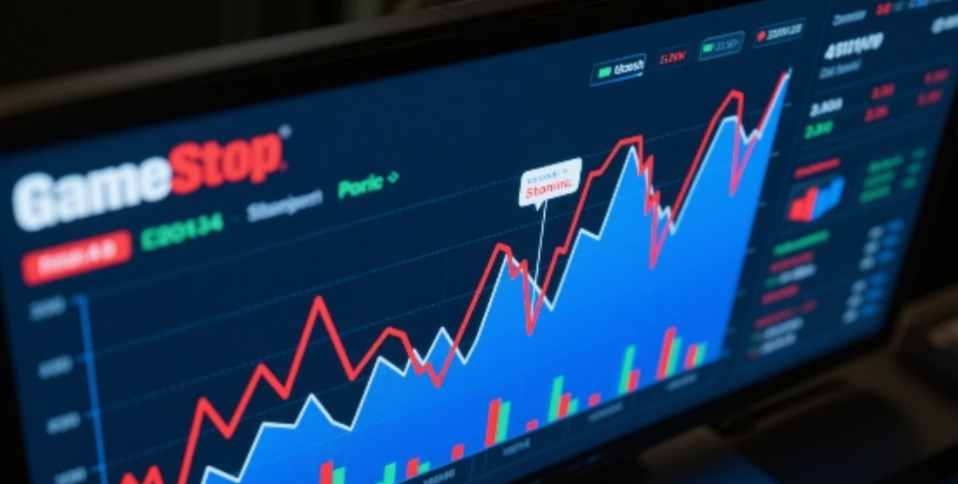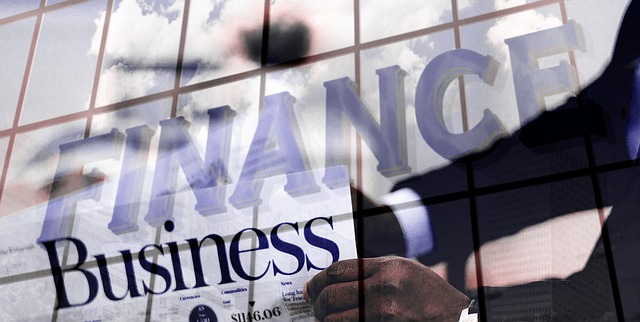Short Selling Ethics: When Profiting from Market Panic Crosses the Line

Short selling, the practice of profiting from declining asset prices, has long divided market participants. While advocates hail it as a vital mechanism for price discovery and risk management, critics argue that aggressive shorting during crises exacerbates panic, undermines stability, and raises ethical questions—nowhere more starkly than in the 2021 GameStop saga. This article dissects the dual role of short selling, using regulatory responses to recent episodes to explore where legitimate hedging ends and predatory behavior begins.
The Case for Short Selling: A Pillar of Market Efficiency
Short sellers act as market vigilantes, exposing overvalued assets and correcting mispricings. For instance, in 2001, short seller Jim Chanos identified Enron’s accounting fraud, accelerating the collapse of the fraudulent empire and protecting investors from deeper losses . Academic research supports this role: a 2020 study in the Journal of Financial Economics found that markets with robust short-selling activity exhibit 18% faster price adjustments to negative news, reducing information asymmetry .
Hedge funds also use short positions to hedge long investments, dampening volatility by balancing portfolios. During the COVID-19 crash of 2020, short ETFs like ProShares Short S&P 500 (SH) provided liquidity to panicked markets, absorbing sell orders and preventing cascading declines . In this context, short selling serves as a safety valve, aligning prices with fundamentals.
The Dark Side: Panic Amplification and Regulatory Blindspots
The GameStop (GME) frenzy highlighted the predatory potential of short selling. By 2020, hedge funds held a 140% short interest in GME, betting the struggling video game retailer would collapse . When retail traders organized on Reddit’s WallStreetBets, driving the stock from $17 to $483 in weeks, the squeeze exposed systemic risks: over-leveraged short positions forced hedge funds to buy back shares, creating a feedback loop that threatened prime brokers’ stability . The SEC later admitted gaps in monitoring concentrated short positions, which had enabled firms like Melvin Capital to ignore margin requirements .
This episode reignited debates about "negative speculation." In 2008, short selling of financial stocks during the subprime crisis was blamed for accelerating Lehman Brothers’ collapse, prompting temporary bans in 20 countries . A 2023 IMF report warned that modern "crowded shorts" in tech stocks—such as the 2022 selloff in Cathie Wood’s ARKK ETF—increase tail risks, as algorithmic trading amplifies price swings . When shorting targets vulnerable companies or relies on asymmetric information (e.g., leaked rumors), it morphs from analysis into market manipulation.

Regulatory Reflections: Balancing Innovation and Stability
Post-GameStop, regulators have pursued tighter oversight without banning short selling outright. The EU’s 2022 Market Abuse Regulation II introduced real-time reporting of short positions exceeding 0.2% of a company’s shares, reducing opacity . In the U.S., the SEC proposed rules in 2023 to shorten the settlement period for short sales from T+2 to T+1, curbing failed trades that destabilize markets .
Critics argue these measures are insufficient. Professor John Coates of Harvard Law School suggests tiered disclosure: revealing short positions above 5% during crises, similar to long-position reporting requirements . Others advocate for "circuit breakers" that pause short selling when a stock drops 10% in a day, as seen in South Korea’s KOSPI market, which reduced volatility by 23% during its 2020 pandemic crash .
Ethical Considerations: Profit vs. Prudence
The core dilemma lies in intent: Is profiting from others’ misfortune inherently unethical, or is it a natural function of free markets? Nobel laureate Robert Shiller argues that short selling’s morality depends on context: "Betting against a fraudulent company is virtuous; attacking a healthy firm during a panic is exploitative."
In the GameStop case, hedge funds’ excessive leverage and disregard for retail investors’ interests crossed this line. Their actions mirrored the 1930s "raider" tactics, which led to the SEC’s founding . Modern finance requires a similar reckoning: while short selling remains essential, its practice must adhere to principles of transparency and proportionality.

Conclusion
Short selling is neither villain nor hero—it is a tool whose impact depends on how it is wielded. The GameStop episode showed that unbridled shorting can weaponize market fears, threatening stability and eroding public trust. As regulators refine rules to balance efficiency and fairness, market participants must embrace ethical boundaries: prioritizing informed analysis over speculative frenzy, and recognizing that profit motives must coexist with responsibilities to market integrity. In an era of meme stocks and algorithmic trading, the line between prudent hedging and predatory behavior may blur—but its identification remains crucial for maintaining faith in capital markets.
(Writer:Galli)





